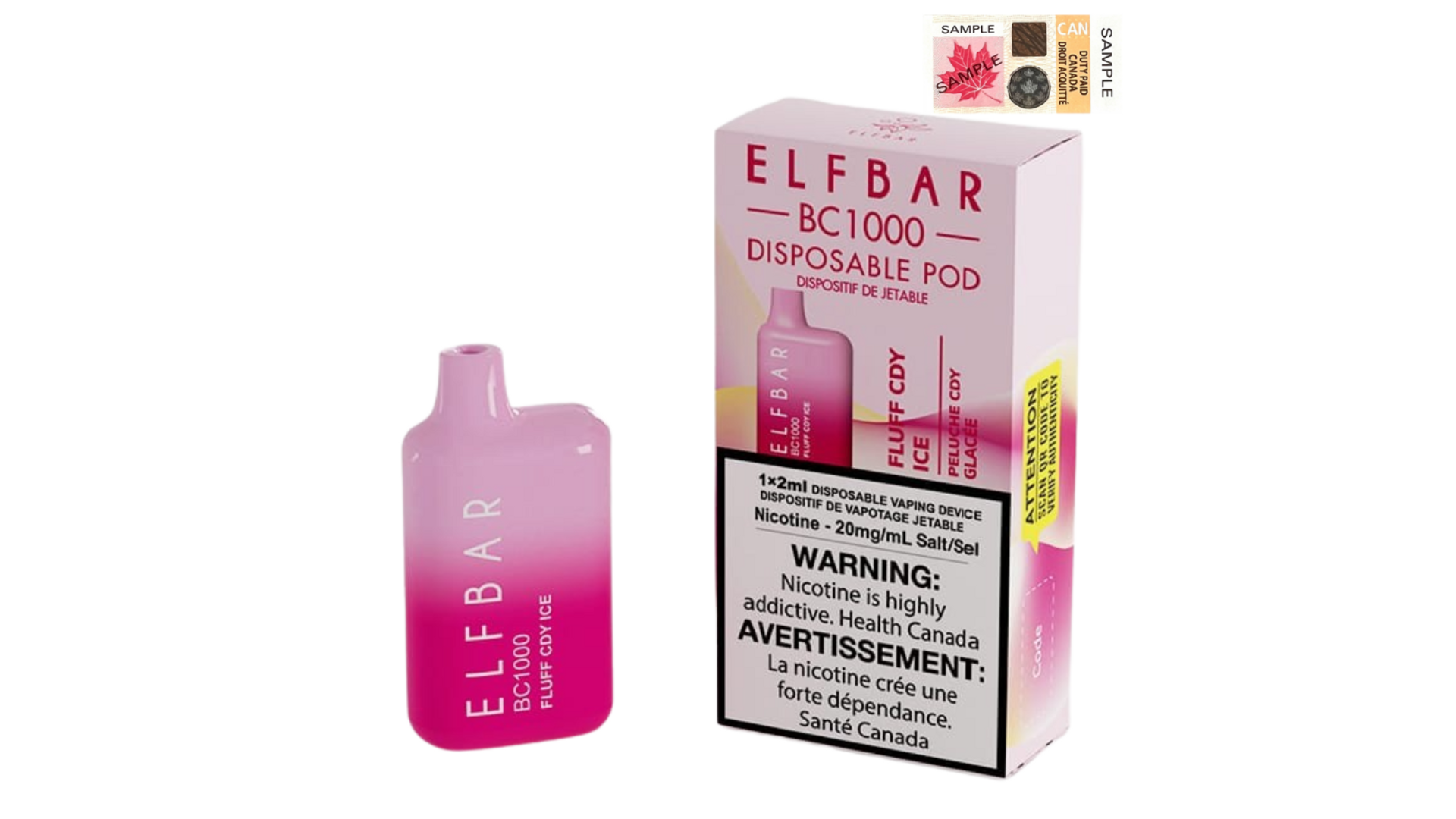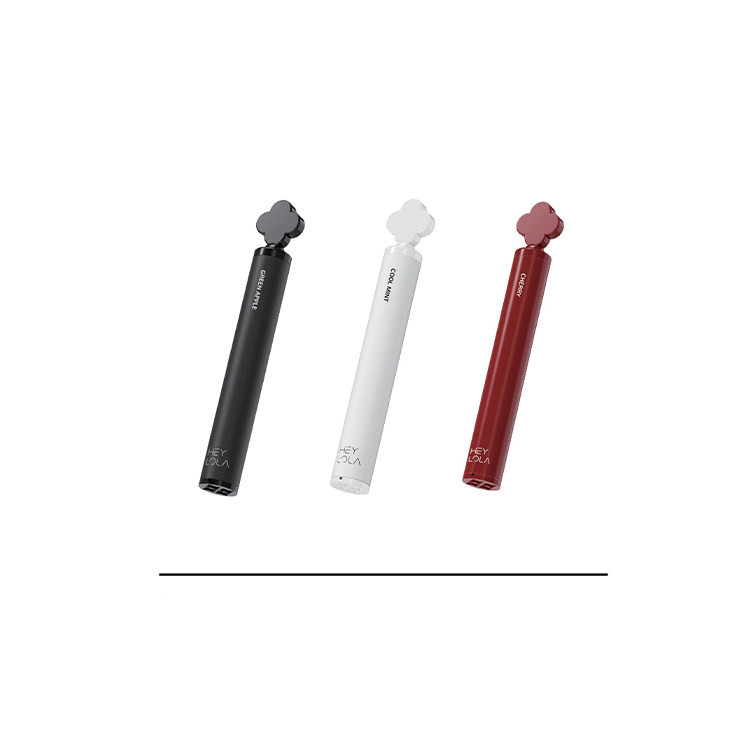A Quick Guide to Starting a Small Business
Entrepreneurship is the new nine to five. Today’s adult generation knows that success comes to those who work hard, but the old way of getting there — with a desk job and a series of promotions — is by no means the only way. With the rise of the information age, we have access to more tools than ever before. This phenomenon has led to the creation of a culture of ambitious self-starters who have the ability and the will to pretty much do anything they put their minds too.
That said, successfully launching a business is tricky. It takes a solid business plan, staunch dedication and a good understanding of the technical side of things like trademarking and copyright laws. Thankfully, we’ve been there, and now we’re here to lay it out for you!
To all you budding entrepreneurs, here’s 11 steps to help you on your path to success:
1. A great business starts with a great idea.
This rule stands true no matter where you are in the world. To start a business, you need a business idea first! Or maybe you know what kind of business you want to start already, but do you know what will make your business special? Which brings us to step two.
2. Create a business plan — yes, this is a must.
A business plan is essential to success. Not only will it guide everything you do, but you will need it to show the bank and potential investors. By writing a business plan, you will by necessity gain an understanding of your market, confirm that your financials are viable and focus your strategy.
3. Select a form of business ownership.
In Canada, there are three basic forms of business ownership: sole proprietorship, partnership and corporation. These names are self-explanatory, but the advantages and disadvantages of each form might be less obvious. Find out more about the forms of business ownership here.
4. Come up with an awesome name for your business and register it.
To choose the best possible name for your business, you need to take both marketing appeal and legal elements into consideration. Then, you need to register your business name in your province or territory. At this point, you will need to decide whether you want to trademark your brand name. Registering a trademark protects your brand name and is definitely a good idea but depending on the venture and considering the time it takes to register (possibly years), it may not be applicable to you yet.
5. Secure small business financing to help you get started.
If you have savings, this step may not be necessary. But for many small businesses, an initial external investment is needed to get set up. There are many financing options including grants, loans, angel investment and silent partners. Here’s some more information on small business financing options.
6. Secure a business license.
Most new businesses will need a license to operate legally. Depending on what kind of business you are running, you might need additional licenses and permits. For example, if you open a vape shop, you will likely need a tobacco license on top of your business license, and a special or conditional use permit.
7. Get your taxes in order.
In Canada, if your small business makes more than 30K a year, you need to register for Goods and Services Tax (GST) and Harmonized Sales Tax (HST). However, even if you’re not making a ton of money right off the bat, it’s a good idea to register for GST and HST because you can earn that money back through Input Tax Credits. In provinces where sales taxes haven’t been harmonized yet, you have to register for provincial tax. Or, you could hire an accountant, but always consider whether the information they’ll give you is worth what you pay them. Often, it may be best to subcontract one until there you a need and enough work for a full-time accountant.
8. Secure business insurance.
Depending on the kind of business you are running, you will need specific business insurance. If you are opening a vape shop, this step is particularly important. Since vaping technology is so new, it’s important to make sure you are well-covered. Find out what kind of insurance a small business should have.
9. Setup your business infrastructure.
Making sure you are well set-up from day one will save you headaches down the road. For example, if you are opening a vape shop, choosing and integrating the right Enterprise Resource Planning (ERP) system is essential. Learn more about ERPs here. Another thing you will want to do is make sure you are ready to hire employees. Learn how to legally hire an employee in Canada here.
10. Now for the fun part: Marketing!
Now that you have acquired the proper licenses, investments and infrastructure, it’s time to get out there and market your business. An effective marketing strategy is the key to success — especially when you are just starting out. Figure out what sets your business apart, who your audience is, and how you can reach them, and you will be off to a good start. For a vape shop, marketing options can be limited, but if you employ channels like social media, there is still a lot you can do to get your brand out there!
11. What about trademarks and copyrights?
Understanding trademark and copyright laws will help you market your business, and it’s actually not that complicated. A trademark protects brand names and logos while copyright protects original artistic or literary work. Registering a domain doesn’t give you trademark rights, so make sure you take care of that separately and that you aren’t inadvertently infringing on someone else’s rights! In the vape industry, copyright and trademark infringement issues are especially pertinent. Many retailers have run into problems because they named an e-juice after the flavor that inspired it, such as Coca-Cola, without realizing the legal ramifications of that choice. The easy solution is to do your due diligence, and if you aren’t sure whether something is trademarked or copyrighted, look it up!
If you enjoyed this article, make sure to hit share below. And if you’d like to read more articles like this one, sign up for our newsletter while you are at it!















